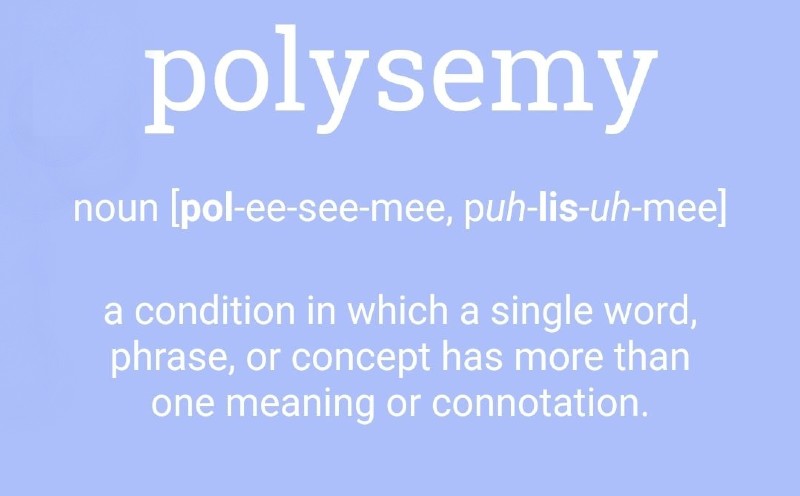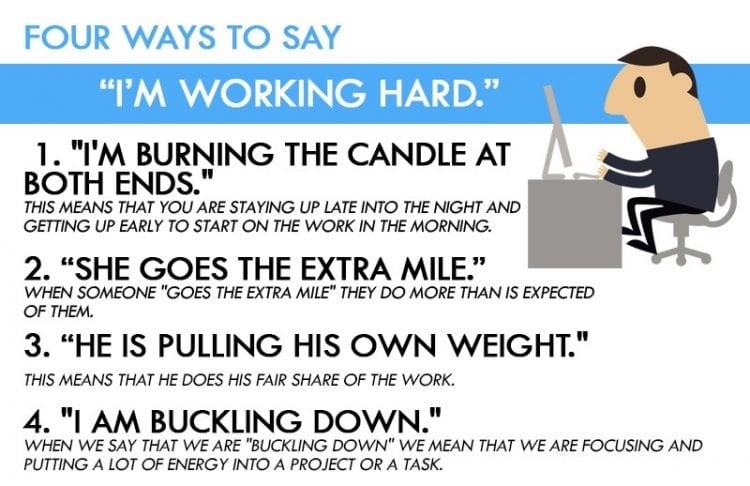
Why Hasn’t Artificial Intelligence Mastered Language Translation
While the world continues to enjoy exceptional connectivity thanks to continuous technological innovations, language remains a business barrier. Even though tech devices can quickly and effortlessly connect people globally, language often can’t. Language translation remains one of the elusive targets that current artificial intelligence systems cannot reach, and many people wonder why it’s so hard to conquer. This article shines a light on why artificial intelligence hasn’t mastered language translation yet.
What Makes Language Translation So Difficult?
The translation is more about giving similar meaning to content in a different language while conveying feelings and objectives without changing the actual message. Nevertheless, most often than not, translators find that they lack the same words to directly communicate the message. Language transcription is not all about grammar; it demands a deep understanding of the culture and habits of the people who speak that particular language. Even the most experienced professionals, at times, will get confused and frustrated. But what exactly makes language transcription so tricky?
Polysemy
Typically, every language is specially designed and has its own set of pre-approved rules. Thus, even if a specific expression is common, it doesn’t necessarily mean it’s easy to translate. The uniqueness of this context directly relates to the complexity of translation. Therefore, translators often find that to communicate the original message effectively; they have to remove, add, or reorganize words from the primary content.

Culture
Meaning is usually derived from context, a component defined by the language speakers’ values and beliefs. The transcription should respect the source of content while ensuring that it remains understandable in the language it’s being transformed into.
Idiomatic Expressions and Other Figurative Speech
This form of language uses unique illustrations and symbolism to explain something. It’s important to note that it is hard to decode the actual meaning of these distinct phrases by literally defining the words they contain. Also, the use of sarcasm to mean the exact opposite of the basic phrasing is hard to decode. It will most likely lose meaning if translated literally into a different language, causing unnecessary confusion. All in all, we can agree that translation is a very complex subject, because it’s not only about the words used, but about what ideas and feelings these words are being used to communicate.

Will AI Be Able to Replace Human Translation?
Translation is a vital communication tool used between firms, organizations, customers, and countries. Most people hire freelance translators when they want to get any translation done; otherwise, a translation agency such as Etcetera Language Group, Inc can be quite handy, especially for high-volume transcription projects. Translation agencies offer localized marketing services, including making quality customized adverts, presentations, and other marketing products understandable to the target audience. Nonetheless, there has been a rise in machine translators’ use in the recent past, thanks to technological advances and the fascination with artificial intelligence by businesses worldwide.
Each day, AI translating programs become more accurate as they advance their knowledge on words and content, making the automatic transcription advancements the driving force behind this technology’s progression. With most students using automated translation services such as Google Translate to help with their foreign language assignments, tech giants like Microsoft and Google are continuously researching possible improvements of this innovation. On the same note, machines have been replacing employees at different positions, and it’ll only get harsher with time. However, it is not definite that AI will replace human translators, which begs how efficient the automated programs are compared to human translators?
There’s no doubt that machine translators continue improving their efficiency with the quality of their translated material becoming more comprehensible. Nonetheless, one cannot underestimate the need for human translators. Once the machine churns out the translation, human translators need to go over the content, editing, and proofreading to ensure that it’s grammatically correct and that the text’s original meaning is not lost. It is difficult to emphasize enough the importance of the human translator in this context. Their work is to put in the final touches and get the content ready for the target audience. This is one quality that machine translators can’t beat or even try to compete with; thus, artificial intelligence can only remain as a supplement to human productivity, not a replacement.
Why Hasn’t AI Replaced Humans Already?
The advent of computers and the internet didn’t permanently put humans out of work, contrary to initial fears. On the contrary, most of the past century’s innovations have made humanity more productive outside of a select few job groups. While it’s easy to conclude that AI has the potential to replace humans, past experiences have proven that technology and innovation make numerous jobs easier and help us to do our jobs more efficiently, rather than outright replacing human staff and employees.
The best part about AI is the ability to handle repetitive tasks effectively and efficiently. For instance, during the employee onboarding process, recruitment involves one-on-one interactions with potential candidates to build productive relationships and find the company’s best talent. However, recruiters spend most of their time sorting through hundreds if not thousands of resumes, preparing for interviews, sending emails, and making phone calls. Artificial Intelligence can easily highlight candidates with the most potential, leaving the human resource manager with ample time to develop meaningful relationships with top talent for the required positions.
While AI can scan through millions of medical books in milliseconds and provide you with an accurate medical term based upon input, machines and robots lack emotional and cultural intelligence. Artificial translation in its current form can only give a direct transcription of a word when available, rather than understanding the cultural and contextual significance of a specific word or phrase, and communicating the idea in way that the local speaker can understand. A perfect example of this is the German idea of Schadenfreude, which artificial translators will only return as a proper noun, “Schadenfreude,” rather than telling you that this is the specific experience of feeling joy or happiness when witnessing another person’s troubles, failures, or misfortune.
This can be further explored by looking at the “auto-suggestion” feature on smartphones. The feature uses AI to predict the word a user wants to type; however, it can’t take over and have an appropriate and meaningful conversation with whomever the sender is communicating with. It can only help the user type faster and efficiently, by suggesting words that it has observed the human has used in the past. In reality it isn’t actually learning how you think or speak but is only making patterned connections of which words typically follow other words or phrases.
While AI will most definitely continue to offer brilliant technological solutions for problems of automation, it will be very challenging for it to mimic much-needed human qualities such as empathy, contextual knowledge, and deeper levels of reasoning to perform more complicated and difficult tasks.
Do you Need the Help of a Skilled Human Translator?
Etcetera Language Group, Inc. has over twenty years of experience providing high-quality translation services to individuals and organizations in the U.S.A and Europe. For excellent translation, proofreading, and editing small and huge projects, don’t hesitate to contact us and watch your business grow and expand your reach.
More...
Categorised in: Language Services





